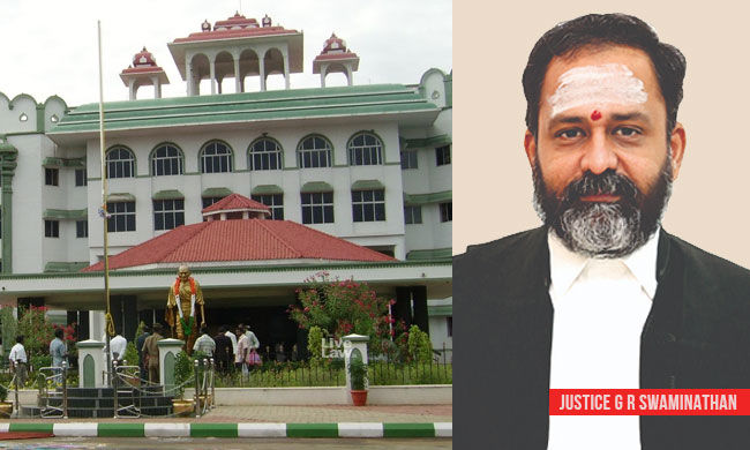Writ Petition At Pre-Detention Stage : Madras HC Doubts Correctness Of SC Decision In 'Subash Popatlal Dave' Case
Akshita Saxena
8 Feb 2021 8:46 PM IST

Next Story
8 Feb 2021 8:46 PM IST
A Single Judge Bench comprising Justice GR Swaminathan of the Madras High Court (Madurai Bench) has expressed its reservation over the correctness of a three-Judge Bench decision of the Supreme Court in Subash Popatlal Dave case (2012), which overruled another three-Judge Bench judgment in Sayed Taher Bawamiya case (2000). Both the decisions pertain to the scope of power of a...
